How to Protect Your Tech While Travelling
August 2019 - Smartphones, laptops and tablets are common essentials that every modern-day traveller carries with them while they are on the go. Having your devices allows you to make calls, access maps and other handy apps such as mobile banking or restaurant bookings.
However, whether you are travelling locally or abroad with your devices, you always run the risk of theft, hacking, or misplacing your tech. Losing your photos and contacts, and the security risks of having your personal data and information available for hack makes it imperative to protect your phone and other devices when you travel.
First Car Rental brings you 10 tips to help protect your tech when you are travelling.
1. Find-my-phone
When travelling, make sure the 'find-my-phone' feature is turned on. This way, if your phone is lost or stolen, you can use the find-my-phone feature to locate it. You will also want to wipe your device of any data so that your information cannot be accessed. Laptops and tablets have similar features that allow you to locate and lock your device.
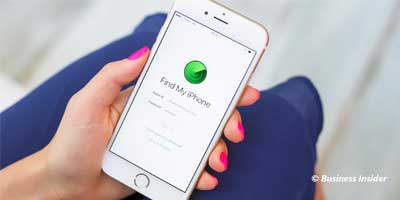
2. Secure your hard drives
You may have passwords on your laptop, smartphone and tablets, but if you haven't secured your hard drives or SD cards, nothing can stop someone from taking them out of your device and plugging it into theirs. Encrypting hard drives ensures that your data is only accessible when you or your operating system gives it the correct security key.

3. Turn on password or biometric protection
Surveys say that over 50 percent of smartphone users do not use passwords or anti-theft solutions, leaving their devices and precious data unprotected. Password-protecting your phone and other devices is 'security 101' and is the first line of defence to protecting your data if your device is lost or stolen. When travelling, be sure to enable both password and biometric identification such as fingerprint swipe where applicable.
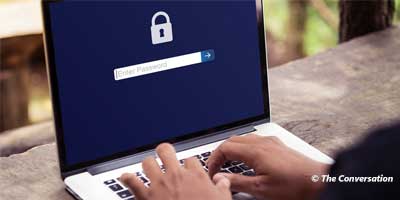
4. Update your software
Updating your software not only improves performance but also improves security as new versions of operating systems and apps usually include security patches. Older versions of software or apps are vulnerable to bugs. It is also recommended to delete old apps and apps that you do not use as many apps track your location and collect data, and if they are not protected, your data could fall into the wrong hands.

5. Backup your data
Before you leave for your trip and during your travels, make sure to backup your contacts and other data, like photos and videos, so that if your device is lost or stolen, your data can be easily restored.
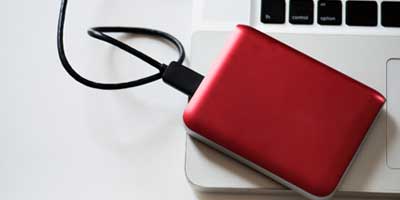
6. Beware of public Wi-Fi hotspots
Using Wi-Fi when you travel can save you lots of money on data roaming fees. However, public Wi-Fi networks are not secure and hackers commonly try to intercept your data between your devices and the hotspot. If you must use a public Wi-Fi hotspot, the be sure to enable VPN (virtual private network) on your device. This enables you to securely access the Wi-Fi hotspot, encrypting everything you send or receive from your machine. There are several VPN apps available online for all devices.
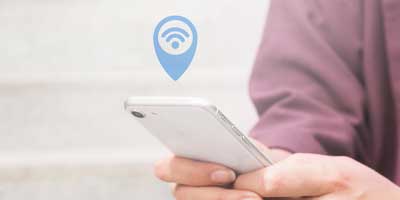
7. Turn off Wi-Fi and Bluetooth when you're not using it
Most of us forget to turn Bluetooth off when we are in public places, especially when we travel. With Bluetooth and Wi-Fi connectivity left open, anyone sitting nearby can pick up on your signal and access your phone/tablet without your knowledge. Keeping these features off also helps conserve your battery.
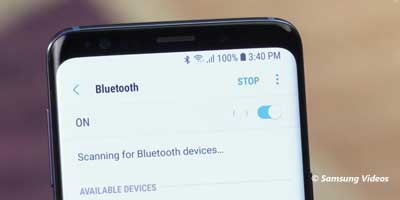
8. Invest in a good case
Dropping your phone can be heart-breaking, especially since you use it almost all the time, for everything. To protect your device from accidents and breakages, ensure you invest in a good cover. Travellers should also consider a screen-protector for added safety.
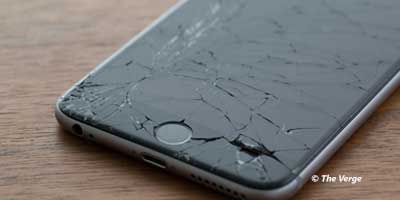
9. Use a Safe
The ideal way to keep your devices safe is, of course, to keep them on your person at all times and not let them out of your sight. This way, other than the obvious risk of theft, there is no way someone could hack your machine and install malware on it. However, in situations where you must leave you devices in your hotel room, such as when you have outdoor activities such as swimming, shark cage diving etc. planned, it would always be best to use the hotel safe.
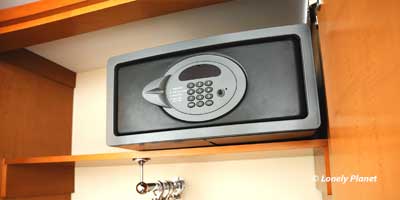
10. Be aware
As a rule of thumb, it is always advisable to be aware of your surroundings and be alert. Do not leave your devices unattended and be aware of anybody offering to help carry your bags at a train or bus station.
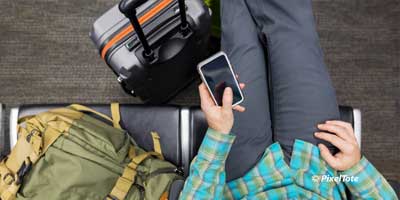
Use First Car Rental's safe and secure car rental booking app to rent a car when you are on the go - available for download on iOS and Android devices.